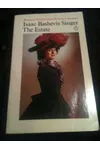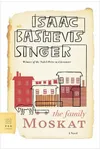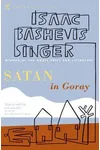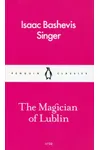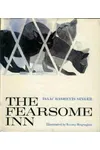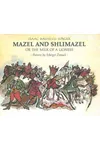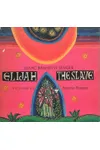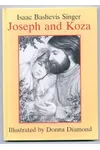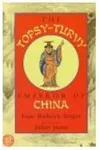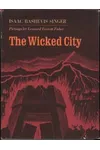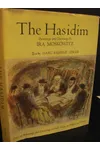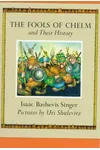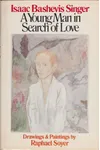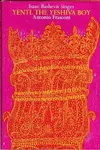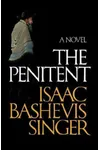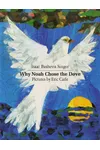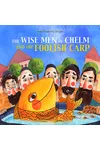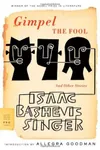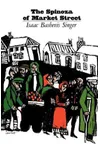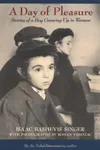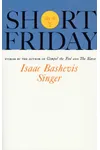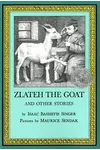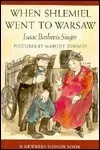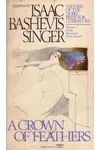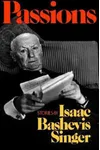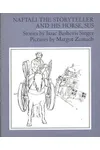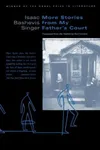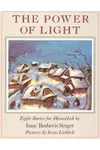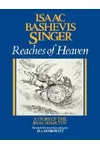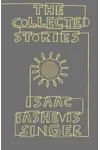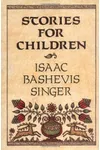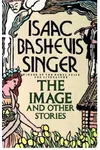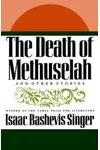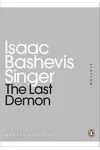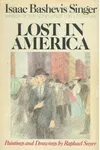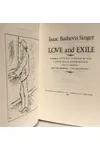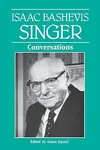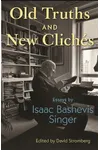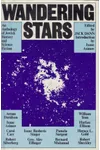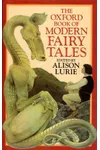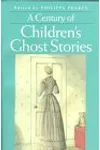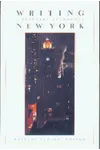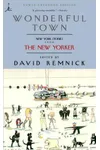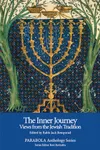Picture a Polish storyteller weaving tales of demons, rabbis, and shtetl life—meet Isaac Bashevis Singer! This Nobel Prize-winning author brought Yiddish literature to the world with his enchanting stories, blending mysticism, humor, and human struggle. From Warsaw’s Jewish quarters to New York’s literary scene, Singer’s vivid narratives continue to captivate readers, making him a timeless voice in 20th-century literature.
Born into a rabbinical family, Singer grew up surrounded by faith, folklore, and the rich Yiddish culture that would shape his work. His journey from Poland to America, coupled with his knack for storytelling, turned him into a guardian of a fading language and a literary giant whose works still resonate today.
The Making of Isaac Bashevis Singer
Isaac Bashevis Singer was born on November 21, 1902, in Leoncin, Poland, though he often claimed 1904 to seem younger. Raised in a devout Jewish family, he was steeped in religious texts and folklore, with a father who was a rabbi and a mother from a scholarly lineage. Moving to Warsaw as a child, Singer absorbed the vibrant Jewish culture of the city’s Krochmalna Street, a setting that later starred in his stories. After briefly studying at a rabbinical seminary, he rebelled against tradition, diving into secular literature and journalism. In 1935, fleeing rising antisemitism, he immigrated to New York City, where he began writing for the Yiddish newspaper Forverts, honing his craft in a new world.
Isaac Bashevis Singer’s Unforgettable Stories
Singer’s works are a tapestry of Yiddish folklore, moral complexity, and magical realism, often set in Polish shtetls or immigrant enclaves. His novel The Family Moskat (1950) chronicles a sprawling Jewish family’s triumphs and tragedies, capturing the decline of Eastern European Jewry with vivid detail. Yentl the Yeshiva Boy (1962), later adapted into a famous film, explores gender, faith, and identity through a young woman’s daring disguise to study Talmud. His short story collections, like Gimpel the Fool (1957), showcase his knack for blending humor with existential questions, featuring characters who navigate love, betrayal, and the supernatural. Enemies, A Love Story (1972) delves into post-Holocaust trauma, weaving a darkly comedic tale of a survivor entangled with multiple wives.
Singer’s style is deceptively simple, with clear prose that carries profound philosophical weight. His stories often feature supernatural elements—dybbuks, spirits, and miracles—rooted in Jewish mysticism, yet they grapple with universal themes like morality, free will, and the human condition. Writing primarily in Yiddish, Singer translated his own works into English, ensuring his stories reached a global audience while preserving their cultural soul.
Why Isaac Bashevis Singer Matters
Singer’s impact transcends literature. As one of the last major Yiddish writers, he preserved a language and culture nearly erased by the Holocaust. His 1978 Nobel Prize in Literature honored his ability to evoke ‘the human condition’ with ‘narrative art.’ His stories, translated into dozens of languages, introduced Yiddish traditions to readers worldwide, influencing writers like Philip Roth and Cynthia Ozick. Singer’s exploration of faith, identity, and resilience continues to inspire, offering timeless insights into the complexities of being human.
- Born: November 21, 1902, in Leoncin, Poland
- Key Works: The Family Moskat, Yentl the Yeshiva Boy, Gimpel the Fool, Enemies, A Love Story
- Awards: Nobel Prize in Literature (1978), National Book Award (1970, 1974)
- Died: July 24, 1991, in Surfside, Florida
About Isaac Bashevis Singer
Ready to step into a world of Yiddish folklore and human drama? Snag Gimpel the Fool or Yentl the Yeshiva Boy and dive into Isaac Bashevis Singer’s magical storytelling!

